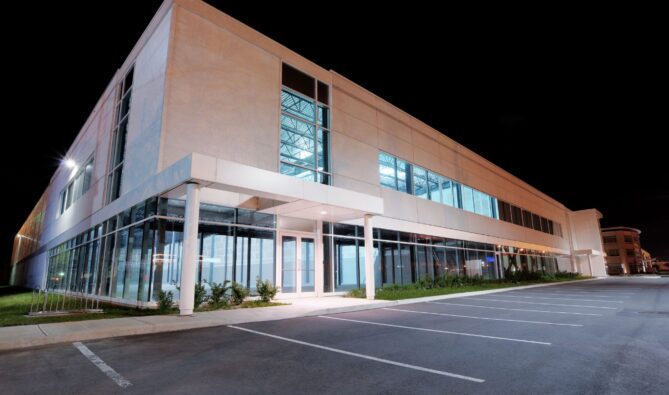How to Underwrite a Value-Add Commercial Acquisition
Value-add deals are where fortunes are made and where capital goes to die if you don’t know what you’re doing.
The pitch sounds simple: buy an asset below its potential, improve it, and capture the upside. But the deal doesn’t go wrong at closing. It goes wrong in the underwriting.
This is a practical guide to underwriting a value-add commercial acquisition the right way. Not the way that makes a deal look good on paper, but the way that gives you an honest picture of what you’re actually buying.
- Start With the Story, Then Stress-Test It
Every value-add deal has a thesis: below-market rents, high vacancy from deferred maintenance, functional obsolescence, or a neglected asset priced accordingly. Before you open a spreadsheet, verify that story with data. Is the vacancy actually curable, or is there a structural demand problem in the submarket? Are rents truly below market? If the thesis only works when everything goes right, it’s not a thesis. It’s a hope.
- Build the Baseline
Before you model any upside, you need an accurate picture of current performance. Request trailing 12-month operating statements, the full rent roll with lease terms and expirations, CAM reconciliation history, delinquency reports, and capital expenditure history. What you’re building is a stabilized in-place NOI: the actual net operating income the asset generates today, with no adjustments. This becomes your anchor. Never underwrite to a pro forma from day one without clearly separating what is actual from what is assumed.
- Underwrite the Rent Roll Lease by Lease
The rent roll is the soul of a commercial acquisition. Read every lease. Focus on near-term expirations and model renewal probability, downtime, and re-leasing costs for each. If a tenant is paying below market, don’t assume you can mark them up immediately. Understand whether leases are gross, NNN, or modified gross, because expense risk shifts dramatically between structures. And always stress-test tenant credit: if your two largest tenants don’t renew, does the deal still work?
- Build a Realistic Capital Budget
This is where most value-add deals get into trouble. The improvement budget is almost always underestimated, and the timeline is almost always too optimistic. Get third-party property condition reports before closing, separate deferred maintenance from value-add capital, and obtain contractor bids on major items early. Add a 10 to 15 percent contingency and treat it as spent money in your model. An extra $500,000 in unplanned CapEx on a $5M acquisition is a 10% swing on your equity.
- Model the Upside Conservatively
Use comparable lease comps from the past 12 months for market rent, not aspirational asking rents. Assume 92 to 95 percent stabilized occupancy for a well-located asset. Budget lease-up timelines conservatively and always include a market-rate management fee, even if you self-manage. The golden rule: if your deal only works under the best-case scenario, it is not a good deal. Run base, downside, and upside cases.
- Know Your Exit and Stress-Test It
The exit cap rate is the most sensitive assumption in your model. A 25-basis-point shift can meaningfully move your IRR. Don’t assume cap rate compression. Model your exit cap at or above your going-in cap, account for 2 to 3 percent in selling costs, and run sensitivities on occupancy, lease-up timing, CapEx overruns, and interest rate changes. The point isn’t to scare yourself out of a deal. It’s to know exactly what you’re risking.
- Let the Numbers Set the Price
Your underwriting should determine the maximum price you can pay to hit your target return. Run the model from the bottom up and let the math tell you what the asset is worth. If the seller’s price is below that number, you have a deal. If it’s above it, you walk. You cannot execute your way out of a bad basis.
The Bottom Line
Value-add commercial real estate is one of the best risk-adjusted opportunities in the market, but only when you do the work. Deals don’t fail because of bad luck. They fail because the underwriting was optimistic, the assumptions weren’t verified, or the buyer fell in love with the story instead of the numbers. Rigorous underwriting isn’t about being pessimistic. It’s about being honest.
At NorthBridge, underwriting discipline is the foundation of everything we do on the acquisition side. If you’re evaluating a value-add opportunity and want a second set of eyes on the model, reach out. We’re happy to help you pressure-test the numbers before you commit.




